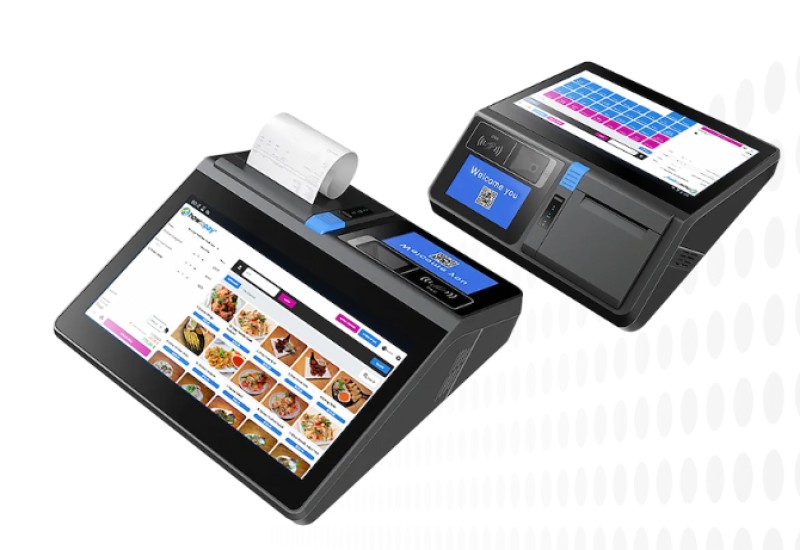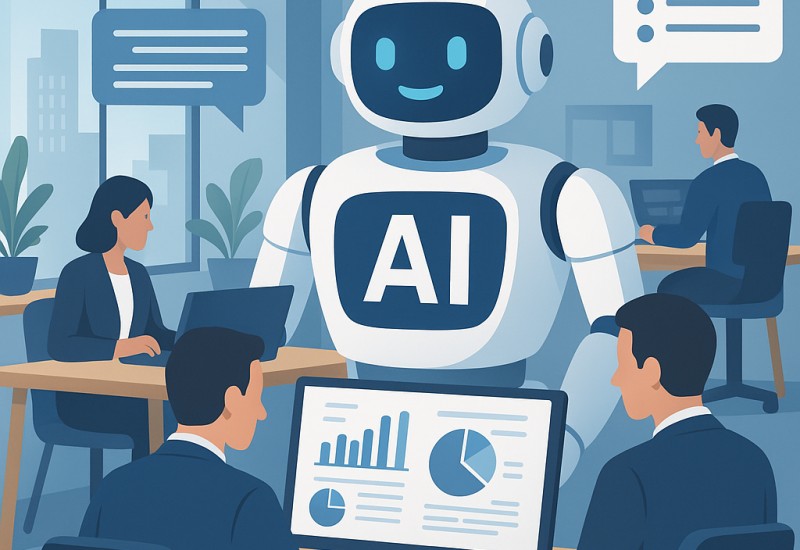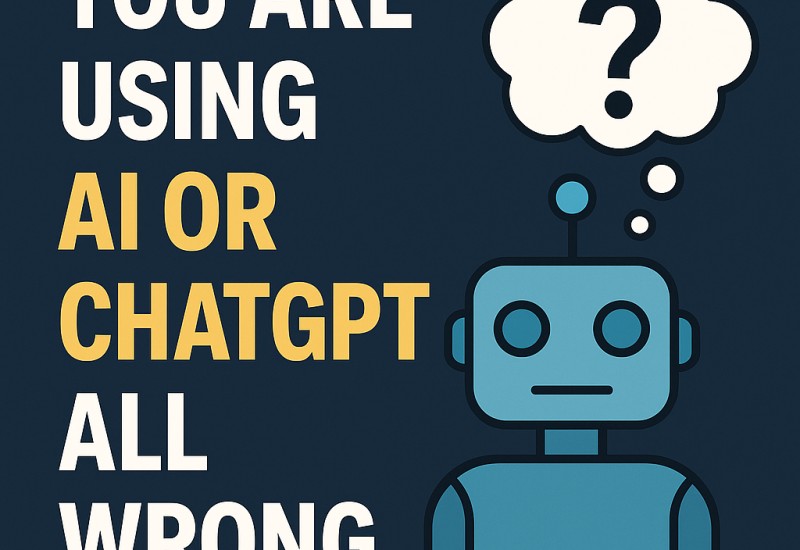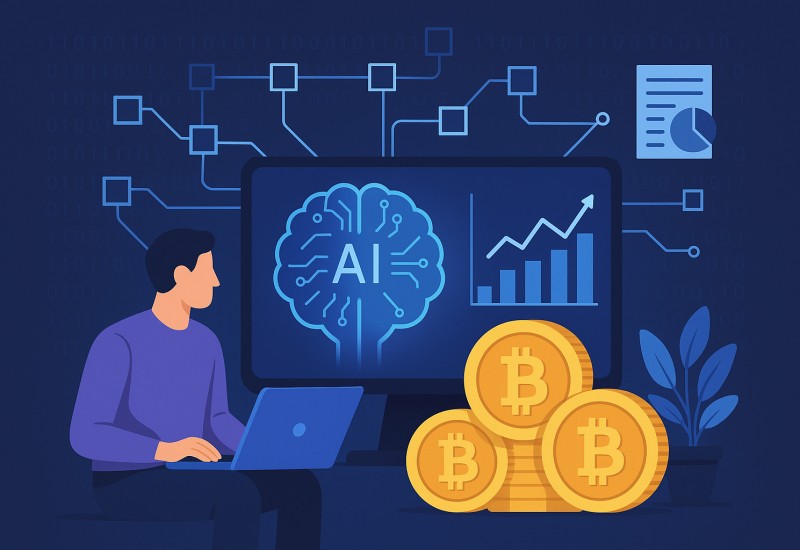

Why Buying a House in 2025 Could Be a Financial Mistake
For decades, buying a home has been considered a cornerstone of the "American Dream" and a safe investment. However, in 2025, purchasing property may not be the wealth-building move it once was. Rising interest rates, stagnant property values, hidden costs, and a lack of financial flexibility are making homeownership a less attractive option than ever.
1. Rising Interest Rates Are Making Homes Unaffordable
The Federal Reserve’s ongoing battle with inflation has led to persistently high interest rates, making mortgages more expensive. In 2025, the average 30-year fixed mortgage rate is hovering around 7-8%, significantly increasing the cost of borrowing. For a $500,000 home, that’s an extra $1,000+ per month in interest compared to rates just a few years ago.
High rates also make it harder for buyers to qualify for loans, limiting demand and preventing home values from rising at the pace many expect. Instead of a steady appreciation, many markets are seeing home prices stagnate or even decline. This makes real estate a risky investment with a poor return compared to stocks, crypto, or other assets.
2. A Poor Return on Investment
Historically, real estate appreciates at an average rate of 3-5% per year, barely outpacing inflation. When you factor in property taxes, maintenance costs, insurance, and interest payments, many homeowners barely break even over a 10-year period.
Compare that to other investments:
- S&P 500: Over the past decade, the stock market has returned an average of 10-12% per year.
- Cryptocurrency & Tech Stocks: While volatile, digital assets and high-growth stocks have yielded far higher returns than real estate.
- Treasury Bonds & High-Yield Savings: Even low-risk investments are offering 4-6% returns in 2025, making them competitive with real estate without the hassle.
Many homeowners find that after closing costs, maintenance, and interest payments, they would have made more money simply investing elsewhere.
3. Lack of Liquidity – Your Money Is Trapped
Real estate is one of the most illiquid investments you can make. Unlike stocks or bonds, you can’t just sell part of your house when you need cash. If an emergency arises or you want to pivot financially, selling a home is a long and expensive process.
In 2025, longer time-on-market trends mean homes aren’t selling quickly. With fewer buyers able to afford high prices and interest rates, homeowners are stuck with properties they can’t offload without taking a loss.
4. The Hidden Costs That Drain Your Wealth
Many first-time buyers underestimate the real costs of owning a home. It’s not just the mortgage—you’re also responsible for:
- Property taxes (which can increase unpredictably)
- Homeowners insurance (rising sharply due to climate risks)
- Maintenance and repairs (unexpected costs like roof replacements or plumbing issues)
- HOA fees (if you live in a managed community)
These expenses add up, making homeownership far more expensive than renting, especially in high-cost areas.
5. The Freedom Factor – Renting Gives You More Options
Homeownership ties you down. In a rapidly changing economy, job opportunities, relationships, or lifestyle changes may require you to move quickly—but selling a home is slow and expensive.
Renting offers far greater flexibility:
- No long-term financial commitment
- No responsibility for maintenance or repairs
- Easier to move for new job opportunities or life changes
With remote work and global mobility on the rise, tying yourself to a single property can be more of a burden than a benefit.
Conclusion: Renting and Investing Elsewhere Is the Smarter Move in 2025
While homeownership may still work for some, the financial downsides in 2025 outweigh the traditional benefits. High interest rates, poor returns, hidden costs, and lack of flexibility make buying a house a bad investment for many people.
Instead, savvy investors are looking at alternative ways to build wealth—whether that’s investing in stocks, bonds, businesses, or crypto. Renting allows for greater financial freedom, flexibility, and access to cash when you need it.
Before you commit to a mortgage, ask yourself: Is this home really an investment, or is it a liability? In 2025, the answer may be clearer than ever.
What's your reaction?













Comments
Leave a Reply